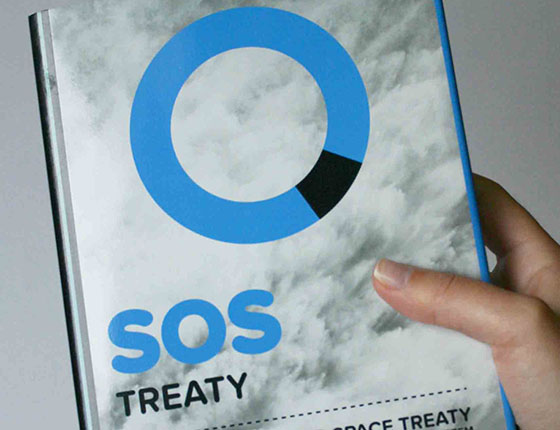On September 25, Swiss voters will head to the polls to decide on a bold initiative to put Switzerland on the path of a green economy. Initiated by members of the Green Party and the Social Democrats, this ballot initiative builds on the Ecological Footprint: If passed, it will incorporate the sustainable use of natural resources into the country‘s constitution, and becoming the first country in the world to commit to one-planet living by 2050.
Switzerland currently consumes four times what Swiss ecosystems can regenerate. And if everyone in the world lived like the Swiss, we would need 3.3 planets.
To reach one-planet living by 2050, the Swiss would have to reduce their average per-person Ecological Footprint by more than two thirds, to at most 1.7 global hectares. This is the current capacity of the world’s renewable resources on a per-person basis. (The target would actually fall even further if populations globally continue to rise.)
The Swiss initiative also calls for a “circular economy strategy,” including measures to adopt new product regulations, encourage recycling, and promote research and innovation.
“Our initiative does not want to slow down growth. We aim for an economic system capable of producing goods with a long life and with as little waste as possible to give just one example,” stated Regula Rytz, parliamentarian and president of the Green party.
The initiative’s proponents have made clear they envision Switzerland becoming a sustainability pioneer and promoting a groundbreaking economic model, including a tax policy tied to the use of natural resources.
The initiative is hotly contested. The Federal Council (central government) and the Parliament have officially voiced their opposition. They argue that 2050 is too soon to achieve one-planet living without risking jeopardizing the Swiss economy in the process. Their argument can be found here.
On the other hand, if the world, and Switzerland live up to the 2°C climate goal set by the 2015 Paris Climate Agreement, the world would have exit fossil fuels before 2050. If the rest of the Ecological Footprint would not change, cutting the carbon Footprint to zero would reduce the Ecological Footprint by nearly 75% and meet the Swiss Initiative’s target. ETZ Zurich Professor Anton Gunzinger shows that this is possible, and even economically beneficial. (www.kraftwerkschweiz.ch)
Recent polls indicate that some 60% of voters support the initiative. With one month before the vote, the public debate in Switzerland is expected to be a heated one between now and then.
One of the biggest questions remains, whether such a transition is too costly (as argued by the opponents) or whether such a transition is an economic necessity for Switzerland’s long term viability (as viewed by the proponents).
Global Footprint Network will explored these questions in an event in Bern on September 19 – much of it was captured in a now archived website.
P.S. Check out:
Our post just after the vote
Our post reflecting on this one year later






